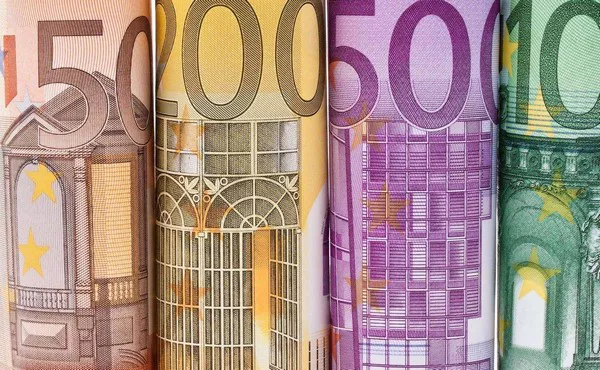Not all countries have a central bank. In fact, there are some countries that operate without a central bank. For example, the Marshall Islands and Palau do not have a central bank, and instead rely on foreign banks to conduct monetary policy. Other countries, such as Hong Kong and Macau, have their own monetary authorities but are not considered to have a central bank.
On the other hand, many countries do have a central bank. The role of a central bank is to regulate the money supply and credit within a country, as well as to ensure the stability of the financial system. Some of the most well-known central banks include the Federal Reserve in the United States, the European Central Bank, the Bank of Japan, and the Bank of England.
In conclusion, while not all countries have a central bank, most countries do have a central bank or equivalent monetary authority. The specific structure and responsibilities of a central bank can vary from country to country, but their role in regulating the economy and financial system is generally seen as important in maintaining stability and economic growth.


























